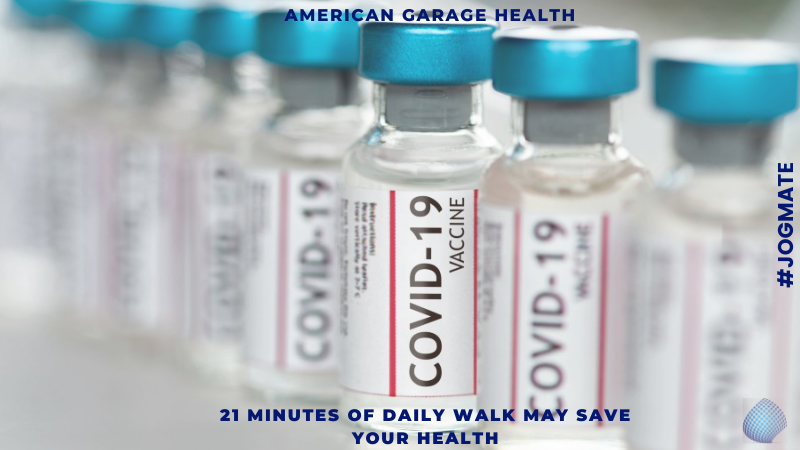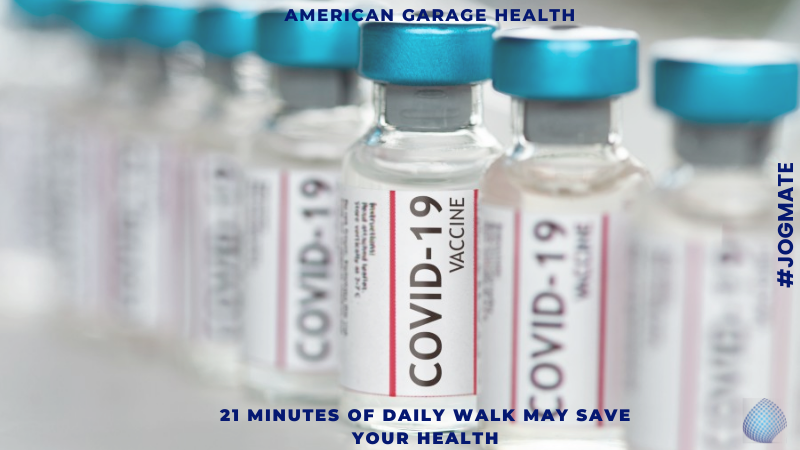The latest study is the biggest of its sort since the epidemic started, and it was published in Vaccine.

A recent analysis of approximately 100 million COVID-19 vaccine recipients confirmed the vaccines’ previously noted associations with elevated risks for a number of side events, such as myocarditis and Guillain-Barré syndrome.
The study, which involved 99,068,901 vaccinated people from eight different countries—Argentina, Australia, Canada, Denmark, Finland, France, New Zealand, and Scotland—was carried out by the Global COVID Vaccine Safety Study.
Adverse events that occurred after receiving the Pfizer, Moderna, and AstraZeneca vaccinations were the focus of the report.
In depth
For up to 42 days following vaccinations, the researchers searched for 13 adverse events of particular relevance in vaccine recipients. These ailments included convulsions, myocarditis, pericarditis, Bell’s palsy, and Guillain-Barré syndrome. After 42 days of delivery, researchers found a “significant increase” in Guillain-Barré syndrome diagnoses in those who received the AstraZeneca vaccination.
In addition, they observed that among individuals who got Moderna’s vaccine for the first time, there were more cases of acute disseminated encephalomyelitis (ADEM), an inflammation of the brain and spinal cord, than anticipated.
Larger epidemiological studies have not established any potential relationship, the study said, and there was “no consistent pattern in terms of vaccine or timing following vaccination” with regard to ADEM.
Myocarditis, or inflammation of the heart muscle, was linked to both Pfizer and Moderna’s mRNA vaccines. This condition was shown to occur more frequently than predicted in the study and had a substantial observed-to-expected ratio after the first, second, and third doses.
Following the first and fourth doses of Moderna’s vaccine, instances of pericarditis—an inflammation of the sac-like structure surrounding the heart—were also noticeably higher than anticipated.
Take away
The Department of Health and Human Services and the Centres for Disease Control and Prevention (CDC) are partners in the Global COVID Vaccine Safety project.
The researchers concluded that “the safety signals identified in this study should be evaluated in the context of their rarity, severity, and clinical relevance.” The risk of infection should also be considered in overall risk-benefit analyses of vaccinations, since several studies have shown that infection with SARS-CoV-2 increases the probability of acquiring certain outcomes, such myocarditis, ADEM, or GBS, compared to immunisation.
A number of the authors declared any potential conflicts of interest related to their financial support from or affiliations with government organisations, such as the CDC, the Ministry of Health in New Zealand, and the Canadian Institutes of Health Research. Additionally, a number of the researchers disclosed affiliations with or prior payments from the biopharmaceutical firms Gilead Sciences Inc., AbbVie Inc., Pfizer, and GlaxoSmithKline.
